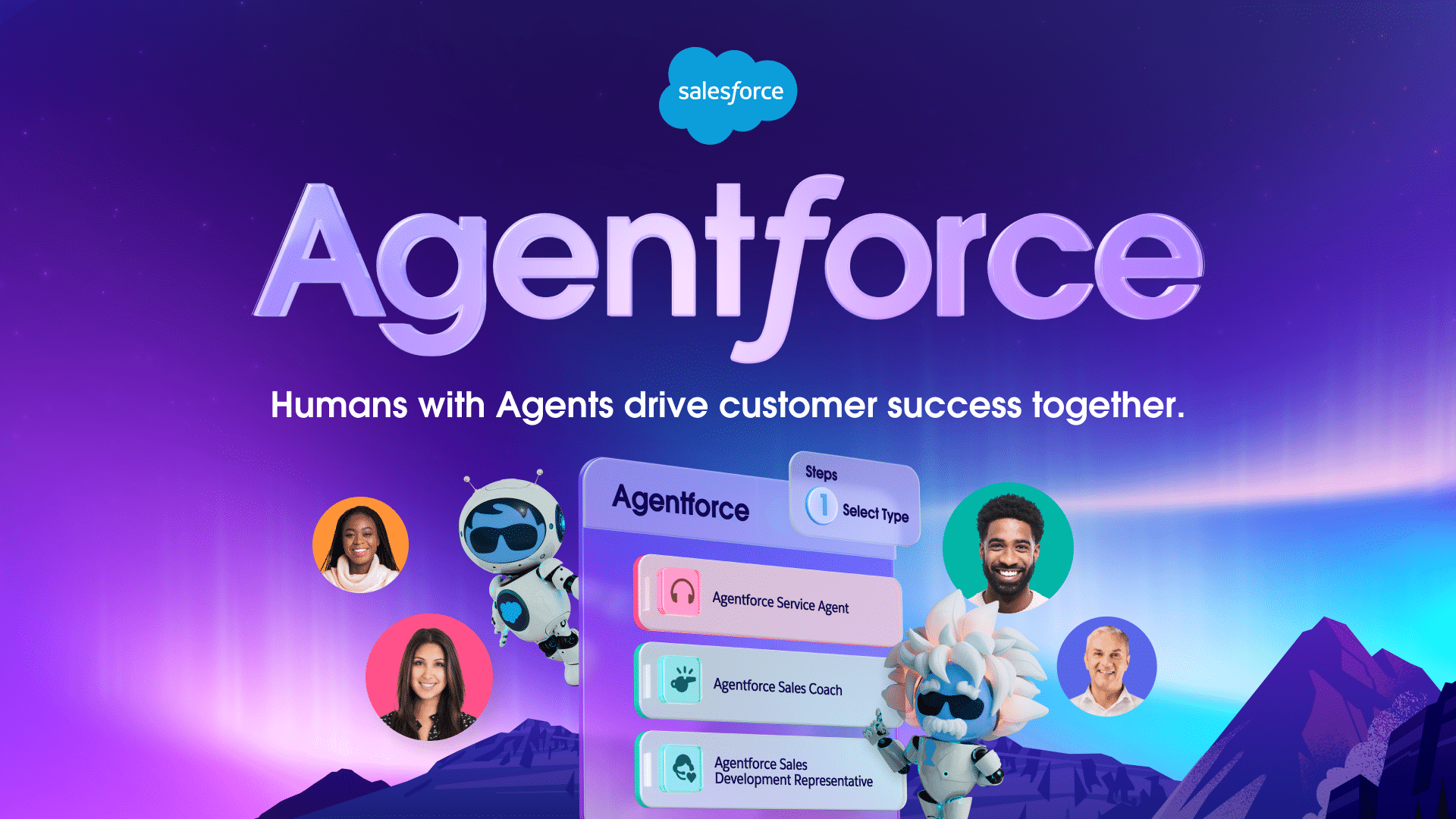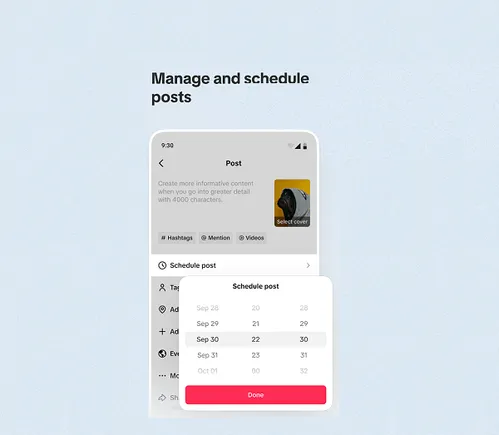Automation has become a part of every industry. Businesses experience development and profits and excel in competition. Artificial intelligence and machine learning have taken automation to a new level and created an advanced interaction system between humans and machines.
Let us learn more about business automation, why it matters and what to consider while implementing it in your organization.
What Is Business Automation?
Business automation refers to using technology applications to perform mundane and repetitive tasks to allow humans to focus on other valued work. AI-powered automation, robotic process automation (RPA), and business process automation (BPA) are part of business automation.
Earlier, automation necessitated using huge mainframes and experts team for maintenance. However, today, things are different with the emergence of cloud-based automation platforms, which are readily available for businesses of all sizes.
Types Of Business Automation
1. Basic automation:
It helps automate the basic tasks. This automation eliminates errors and amplifies the work pace from minor to no coding. RPA and business process management(BPM) are examples of basic automation. This process involves work digitalization with the help of tools to centralize and streamline routine tasks.
2. Process automation :
Process automation can enhance efficiency and productivity to deliver valuable insights. Process automation mainly focuses on attaining uniformity and transparency in the business processes. Process automation examples include workflow automation and process mining.
For instance, customer support software and project management software integration can help assign customer compliant to the responsible individuals instead of staying in the inbox for someone to attend.
3. Advanced automation:
Advanced automation uses next-generation tools to solve business problems. It provides sophisticated low-code solutions to automate workflows.
Advanced automation helps integrate multiple systems across the organization. It depends on unstructured data combining machine learning and natural language processing analysis to support more complex processes.
4. Intelligent automation :
Intelligent automation means machines can learn and make decisions by analyzing situations. It combines robotic process automation (RPA) and artificial intelligence (AI) technologies, which help perform business process automation.
RPA and AI together connect front-office and back-office operations. They save time and money by minimizing human interaction, enhancing processing speed, and standardizing the outputs. Moreover, the intelligent automation tools capture, store, and retrieve records from unstructured sources for successful process execution.
For instance, AI-powered virtual assistants help perform intelligent interactions between humans and machines, resulting in an enhanced customer experience.
Benefits Of Business Automation
Regardless of the industry size, automation is excellent for streamlining business operations and growth. Automation tools replace human labour with machine labour so you can include them in other significant business areas.
1. Finance and accounting:
The primary function in finance can experience more incredible benefits with RPA. Invoicing and funds collection is vital for ensuring sufficient cash flow. Accounts receivable include setting up new customer accounts, generating accurate invoices, and collecting invoice payments.
Such a process involves various manual errors causing delayed cash inflows. RPA is vital to retrieving information directly from multiple sources, ensuring accuracy, and automating repetitive tasks.
2. Sales processes
The sales automation tools enable sales processes to spend less time logging the deal-related activities and more time executing the phone calls and closing deals. Qualifying leads depending on the journey, assigning the leads to the correct representative, or making data-backed sales forecasts are some critical activities of sales processes experiencing automation.
3. Human resources:
Various activities of the HR system can be automated, including candidates processing, scheduling interviews, onboarding, administration benefits, and payroll management—analytics plan major to gain insights into workforce productivity.
4. Marketing activities:
Email marketing automation helps organizations send emails on a predefined schedule, minimizing the cost of manually running the campaigns. Behavioural tracking, lead generation, user onboarding, customer retention, social media marketing, cross-selling and upselling and retargeting, campaign management, and resource management are marketing activities that can be entirely or partly automated.
Conclusion :
Business automation helps eliminate repetitive tasks and allocate resources to higher-value work. The automation platform gives AI-generated recommendations, analytics, and user-friendly low code tools to support organizations, minimize the time spent on manual procedures and reduce the customer wait time.
ONPASSIVE, an AI-enabled organization, delivers various AI tools to enhance business operations and optimize the benefits of their usage.






































































